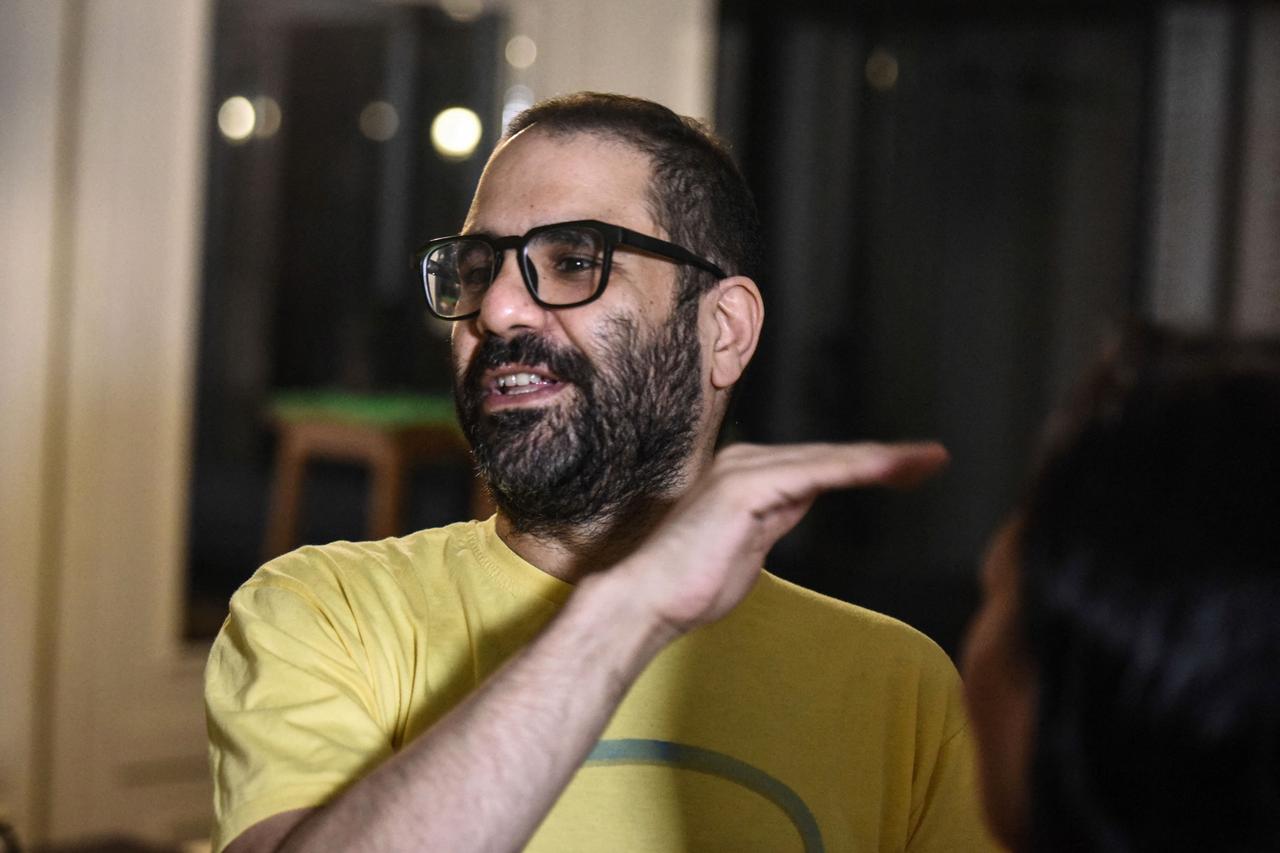
The release of Dr. Ammar Ali Hassan's book, "Doors of Harm," earlier this summer came as little surprise to those following Egypt’s public life. The author chose a stark and unsettling title to reflect the state of Egyptian society over the past decade under military rule.
Although the book does not directly engage in politics, readers can easily sense its political depth, as it highlights how political crises leave lasting scars on society, scars that can only be healed by freedom.
Against this backdrop, the news of the release of political activist Alaa Abdel Fattah, often referred to as the "Pink Dragon" after more than 12 years in prison on charges linked to freedom of expression, resonated widely. His release was not only a moment of joy for his family and supporters but also offered relief to millions of Egyptians who saw in it a sign that the authorities might be moving away from the practice of personalizing political disputes with the president.
Still, the decision should not be seen as a sudden humanitarian gesture but rather as part of a broader recalibration by the regime.
Field Marshal Abdel Fattah el-Sisi, who led the July 3, 2013 coup, initially rose to power on a wave of domestic popularity and with strong regional backing from Saudi Arabia, the United Arab Emirates, and Israel, followed later by support from U.S. President Donald Trump during his first term. Over time, however, these dynamics shifted. Sisi lost much of his popular support amid a worsening economic crisis. Saudi support also waned, particularly over the Tiran and Sanafir islands dispute, as Cairo failed to finalize the border demarcation agreement due to domestic opposition and pressure from the military.
Further disagreements emerged over regional flashpoints, including Yemen, Syria, and Iran. Israel, meanwhile, kept its distance, pursuing a policy of "peace through strength." The UAE has remained a consistent ally, providing financial backing and political coordination, though not without differences, especially regarding Sudan.
In response to these changing realities, the regime launched a "National Dialogue" in April 2024, signaling an attempt to defuse domestic tensions by “resetting” key internal issues. The initiative, though slow and uneven, reflects the government’s search for a new strategy amid mounting international and regional pressures. This has led to what observers describe as a "flexible alignment" with parts of the Egyptian opposition, both inside and outside the country.
Central to this approach is the effort to close the politically costly file of civilian political detainees, easing rights-related and diplomatic pressure. Yet the Muslim Brotherhood remains pointedly excluded from this policy shift.